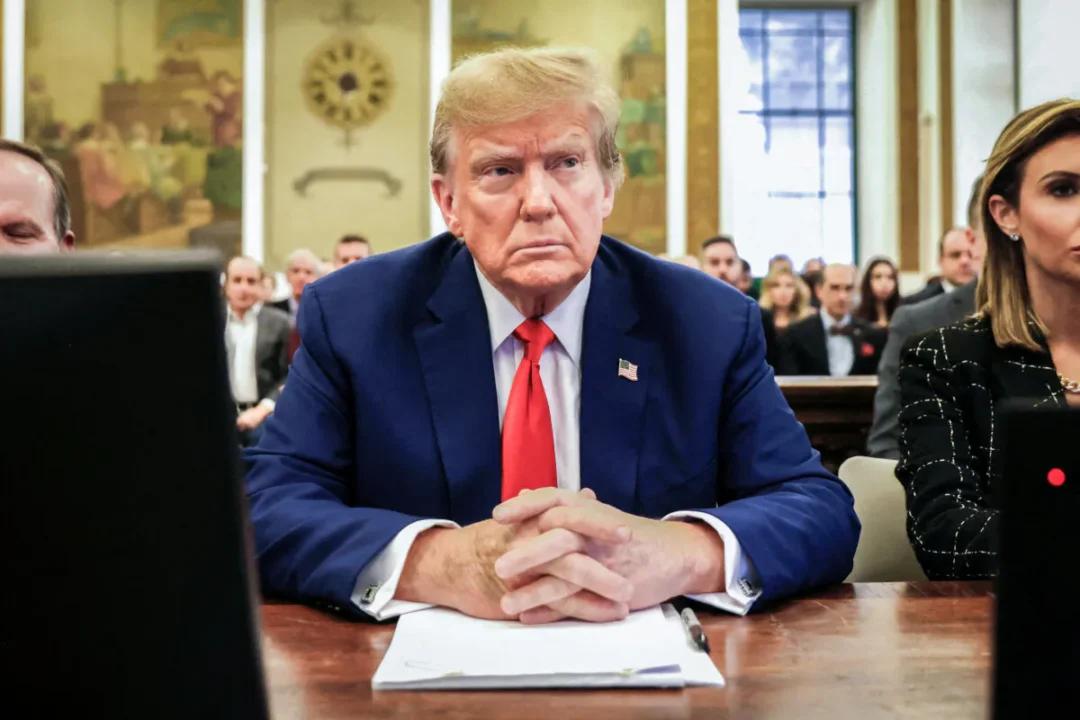Illinois yesterday joined Colorado and Maine to become the third state determining that former President Donald Trump is disqualified from the ballot under an interpretation of Section 3 of the 14th Amendment.
An Illinois circuit court judge ruled that Trump was “disqualified by engaging in insurrection.”





